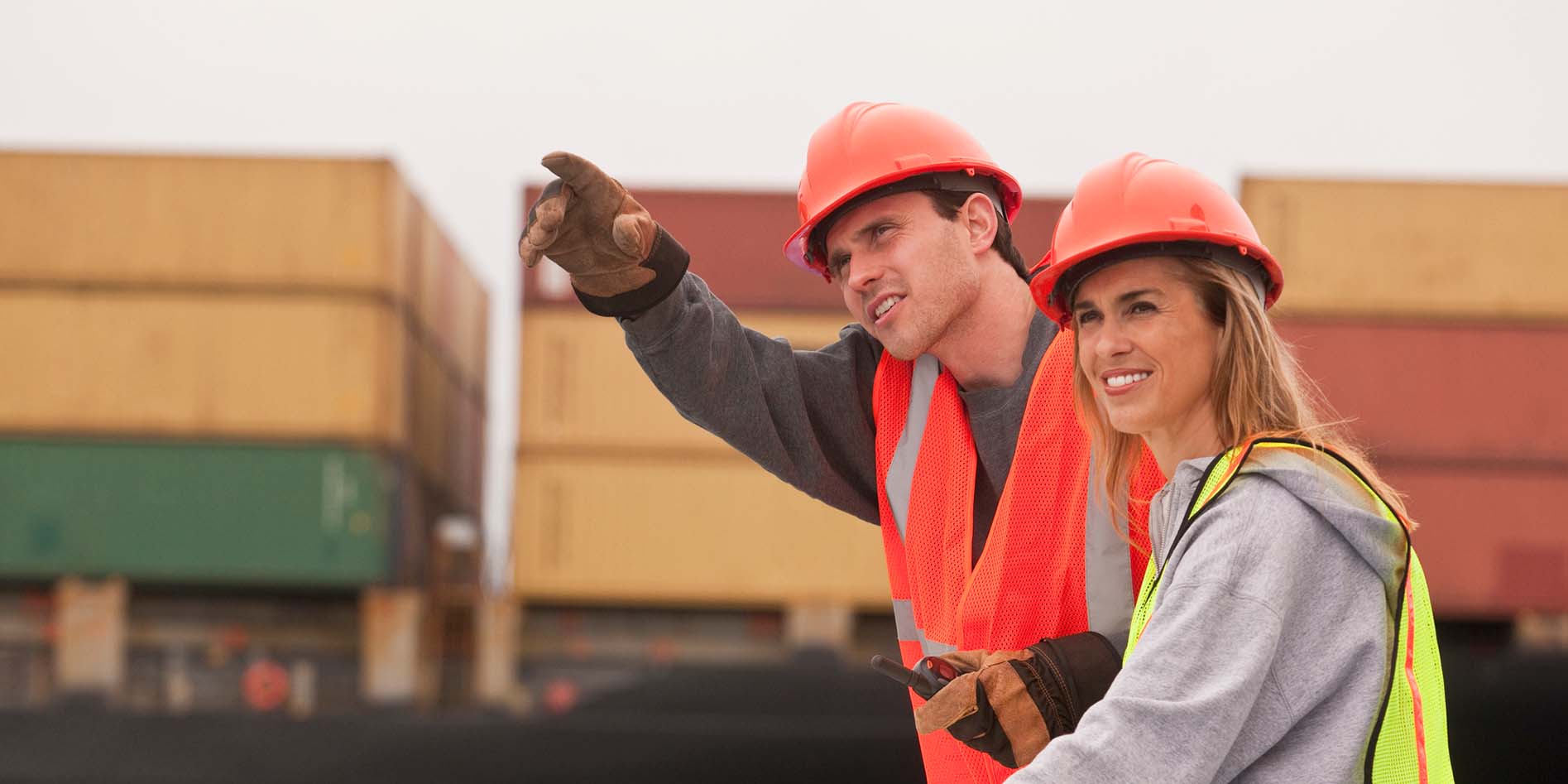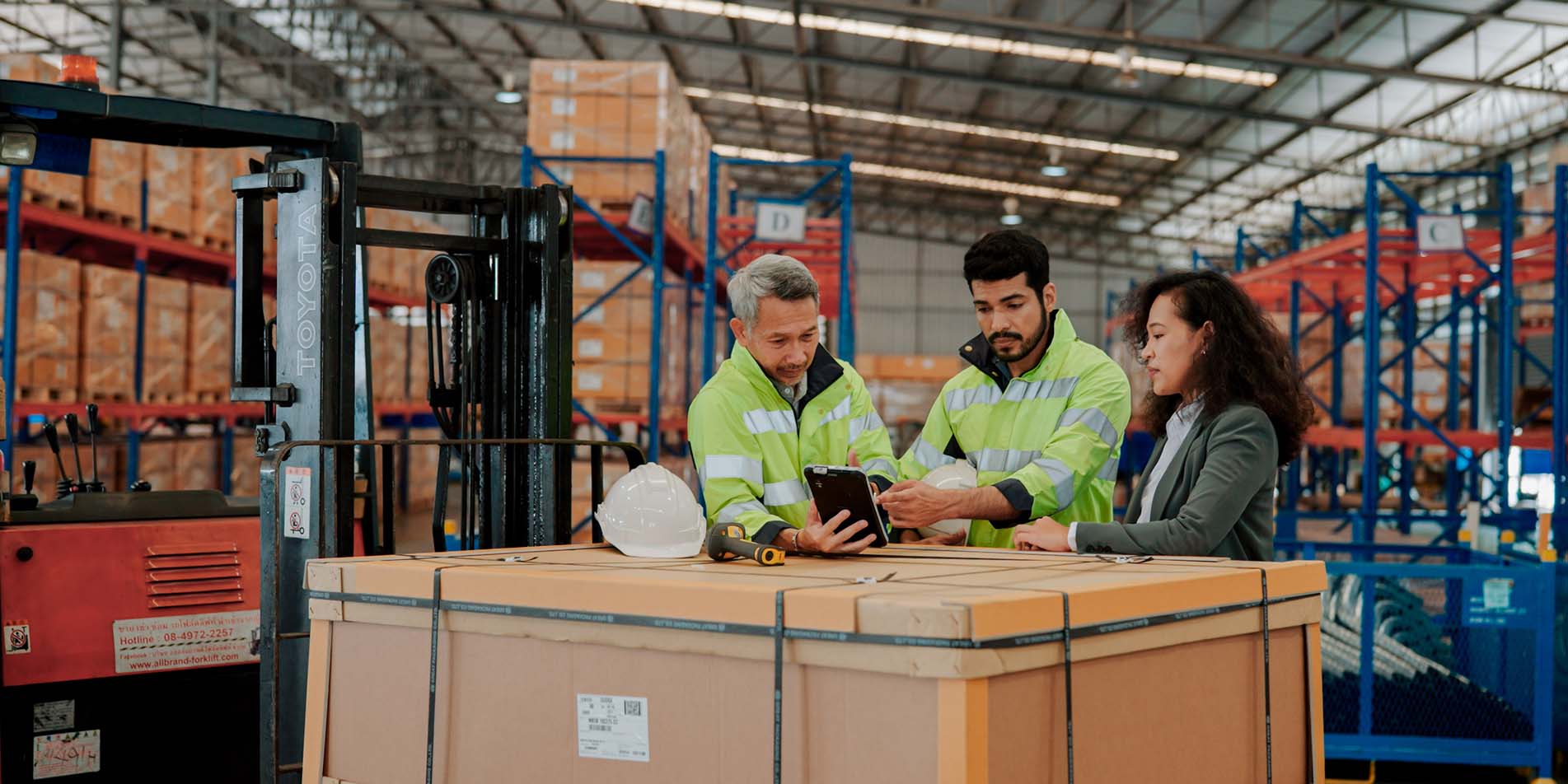How to guard against new risks when making alternative transport arrangements
InsightsArticle5 November 2021
The outbreak of COVID-19 has caused global supply chain issues, and these disruptions are set to continue. Many cargo owners and their service providers are considering alternatives to their usual transport arrangements, such as new carriers or transhipment hubs.
Changing your transport arrangements may result in additional costs. This is a commercial consideration and part of doing business in today’s environment. But for service providers such as freight forwarders and customs brokers, there’s a risk that some customers may try to shift the costs onto you.
So, what can you do to protect your business?
Consult and communicate
Before changing your transport arrangements, talk to your legal advisers and other relevant experts. They can help you understand any additional risks and, potentially, how to mitigate them.
Communicating with your customers is also crucial. Let them know that all your work will be conducted according to your standard terms and conditions of trade. Wherever possible, get your customers’ signed agreement to those terms.
You should also get your customers’ written agreement to any changes to the route or mode of transport. Make it clear you cannot commit to delivering the goods within a specified timeframe. This written agreement should also clearly state the known extra costs and the potential risks involved with these changed arrangements and the possibility for additional unforeseen costs arising.
Using a different mode of transport may mean your customers will need to alter the way they package goods, because transport and handling movements differ between road, rail and sea. So, make sure you advise your customers to review their packaging methods.
Avoid unpleasant surprises
When recommending alternative arrangements, it’s best to use carriers and subcontractors you know well (and who have been properly vetted). This way you can protect your reputation and demonstrate to your customers you can offer a viable alternative.
But if your only option is to use an unknown or untested carrier or subcontractor, be upfront with your customer – and get their written agreement before engaging the new provider.
Be prepared for a new normal
Supply chain issues are not going away any time soon. So be aware that some customers may want you to take responsibility for costs or delays beyond your control, such as port closures due to COVID-19.
You should seek appropriate advice, be upfront with your customers and obtain their written agreement before changing any transport arrangements. This can help you avoid shouldering any extra costs associated with delivery delays – and safeguard your customer relationships and reputation.



